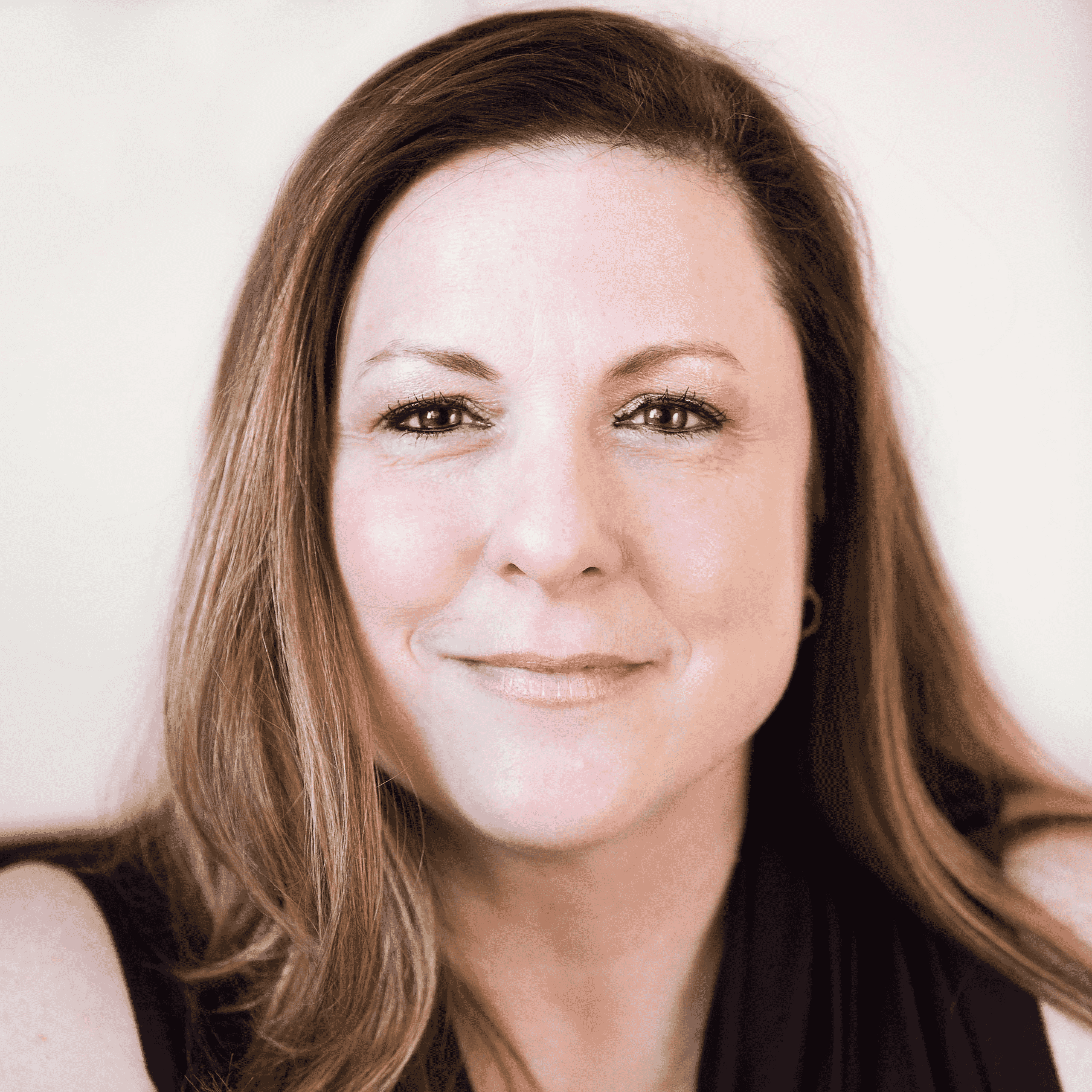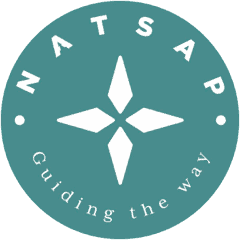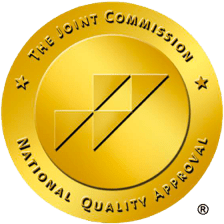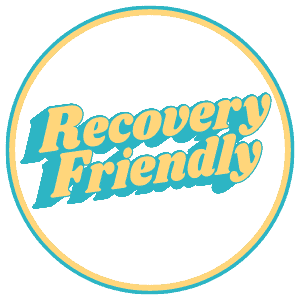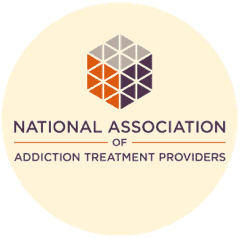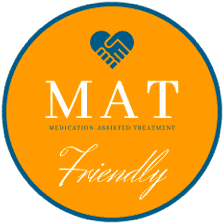We now know that addressing trauma, like we do at Next Step Recovery, is critical for healing from addiction. In fact, trauma is a risk factor for addiction. Those who have experienced five or more adverse childhood events are seven to 10 times more likely to use illegal substances, to report addiction and to inject illegal drugs.
But even if there isn’t a history of childhood trauma, addiction causes its own trauma that affects not only the person struggling with addiction but also his or her family and friends. We must address this kind of trauma as well.
No Simple Solutions for Family or Addiction
Families often struggle with overdoses, illegal behaviors, disappearing acts, and violations of trust—the list goes on and on. It’s the “on and on” that makes this kind of trauma so complicated. Psychiatrist Judith Herman identified this acute form of ongoing stress as “complex trauma.”
Unfortunately, we don’t often acknowledge the family’s post-traumatic stress. All eyes are on the “identified patient.” When will he stop using? When can I trust him again? When will he get it together? What if he doesn’t? What if it’s my fault? What if it isn’t? And the cycle of worry and blaming and shaming starts all over again, followed by more using and abusing.
It really is complex, this family trauma.
So, what can we do? What can you do?
The first step is to recognize there is a problem. Which is exactly what you’ve been trying to get your family member to do. And it is every bit as powerful for you. Healing starts when you recognize that you have been exposed to trauma and you may have developed unhealthy coping mechanisms to try and protect yourself from it.
Then acknowledge that you deserve support for trauma too.
Taking the Steps To Heal As a Family
This is hard work, but everyone has a job in recovery. Your job is to focus on healing and building (or rebuilding) healthy family relationships. One of your first tasks is to identify your triggers and learn how to manage them proactively.
Support may include more self-care. It might involve consciously spending time with friends to counter any pull toward isolation. It may come in the form of therapy, spiritual guidance or participating in a family support group like Al-Anon.
Here are a few suggestions to help you get started:
Remove the Obvious Trigger
Although obvious, many families don’t realize just how triggering the presence of alcohol can be for someone in early recovery. Eliminating alcohol at family and social gatherings eliminates a major trigger for relapse. It is also incredibly respectful of the hard work, not to mention expense, everyone has put into recovery.
Lock It Up
Again, this may seem obvious, but if you have prescription medications that could be abused, lock them safely away just like you would a firearm. Because your unsecured prescriptions can be every bit as deadly and even more so. In 2015, the number of drug overdose deaths surpassed the number of gun fatalities, a trend driven by the opioid epidemic.
Do Something Different
Even one small change can help you find new footing. If you’ve been doing the blame game, try giving more praise instead. If your “go to” is worry, try positive catastrophizing. If you always have turkey, gravy, and dressing at Thanksgiving, try turkey, gravy and mashed potatoes. Practice making positive changes. Even small ones.
Focus On What Is Working
This technique will help you build on your strengths and make positive changes. This approach has been pioneered by Martin Seligman, PhD, whose work has been used to guide individual and organizational change around the world. Try noticing what you and your loved one are doing well. Then talk about it. It’s likely to encourage more growth for both of you!
Let It Go
As best you can, try to let go of fear. Start by letting go of the need to control others and the future. These are two places fear thrives. When fear is running the show, we tend to fall back into negative patterns. Instead, when you notice you are feeling fearful, take a conscious breath (or 10), and shift your focus. What do you need from yourself right now to feel more calm or safe? A walk? A cup of tea? A phone call with a friend? A time out? Give yourself this gift. It will help everyone.
Know someone who might benefit from this post? Please like and share this post with them. Or, if you have questions or comments, please leave them below! We’re always looking for ways to keep the conversation about recovery going. Education is one the most powerful tools we have combat addiction.

